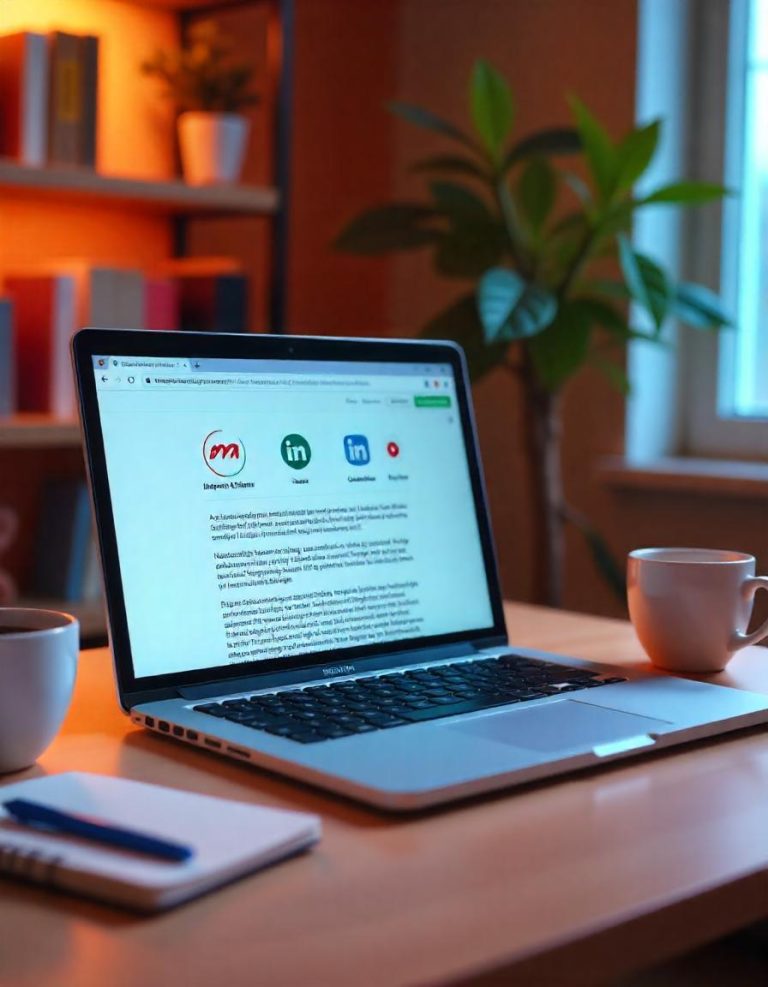Where To Start Blogging For Free: A Beginner’s Guide
Blogging has become an accessible and powerful tool for self-expression, sharing knowledge, and even building a career. If you’re new to the blogging world, you might wonder how to get started without investing in expensive platforms or services. The good news is, starting a blog for free is entirely possible. Here’s how you can begin your blogging journey without breaking the bank.
Find Out How To Make Money As A Full-Time Writer/Blogger Guide
1. Choose a Free Blogging Platform
Several platforms allow you to start a blog without spending a dime. Some of the most popular options include:
WordPress.com
WordPress.com offers a free plan where you can create a blog with a WordPress subdomain (e.g., yourblog.wordpress.com). It’s user-friendly and provides plenty of customization options for beginners. While you won’t have access to advanced features or your custom domain on the free plan, it’s a great place to start.
Blogger
Blogger, owned by Google, is another free platform that’s easy to use. It gives you a blog with a blogspot.com domain (e.g., yourblog.blogspot.com). Blogger offers fewer customization options than WordPress, but it’s a reliable platform for beginners. Plus, if you have a Google account, you’re already set up to use it.
Medium
Medium is a great option if you want to focus purely on content creation without worrying about design or technical details. It allows you to publish articles directly to its platform, and you don’t need to manage your own blog. While you can’t fully customize your blog’s look, Medium’s built-in audience can help you reach readers quickly.
Wix
Wix is a website builder that also offers free blog creation. It features a drag-and-drop interface, making it easy to design your blog even if you don’t have any coding skills. The free plan comes with a Wix subdomain, and you can upgrade later for more customization options and additional features.
2. Choose a Domain Name (Even If It’s Free)
Most free blogging platforms will give you a subdomain (like yourblog.wordpress.com or yourblog.blogspot.com). While this is fine for getting started, it might not look as professional if you’re aiming to build a brand. If you prefer, you can start with a free subdomain and upgrade to a custom domain later when you’re ready to invest in your blog’s future.
3. Select a Blog Theme
The visual appeal of your blog is important, but many free blogging platforms come with a variety of free themes. Choose a theme that suits your blog’s purpose, whether it’s for personal writing, business, or a specific niche.
WordPress and Blogger, for example, offer a selection of free themes that are customizable to reflect your brand or style. Wix and Medium also provide templates that can make your blog visually appealing without the need for complex design work.
4. Focus on Content Creation
The most important part of blogging is the content you create. Whether you’re writing about your personal experiences, hobbies, or a particular niche, focus on creating high-quality, engaging content. Consistency is key to growing your audience. Create posts that are informative, entertaining, or helpful to your readers. It’s your writing that will keep them coming back for more.
5. Promote Your Blog
Even if you’re not investing money into your blog, you can still promote it. Use social media platforms like Facebook, Twitter, and Instagram to share your posts and build an audience. Engage with your readers by responding to comments and participating in relevant online communities or forums.
You can also participate in guest blogging or link exchanges with others in your niche to help drive traffic to your site. SEO (Search Engine Optimization) is crucial for organic traffic, so be sure to use proper keywords, write compelling titles, and ensure your content is optimized for search engines.
6. Monetize Your Blog (When You’re Ready)
Once your blog gains traffic and you’re producing quality content consistently, you can start monetizing it. While free platforms may limit monetization options, you can still earn money through:
- Affiliate marketing: Promote products or services and earn a commission for each sale made through your referral link.
- Sponsored posts: Companies may pay you to publish content about their products or services.
- Advertising: Platforms like Google AdSense allow you to place ads on your blog, earning money based on clicks or impressions.
Starting a blog for free is an excellent way to begin your journey into the blogging world. Platforms like WordPress, Blogger, Medium, and Wix allow you to create and share content with minimal cost, so you can focus on growing your blog and improving your writing. Once you get the hang of it, you can always invest in your blog by upgrading to a paid platform or exploring monetization options.
Blogging can be a fun and fulfilling hobby, and it might even lead to a profitable career. So, pick a platform, start writing, and enjoy the process of sharing your ideas with the world!



